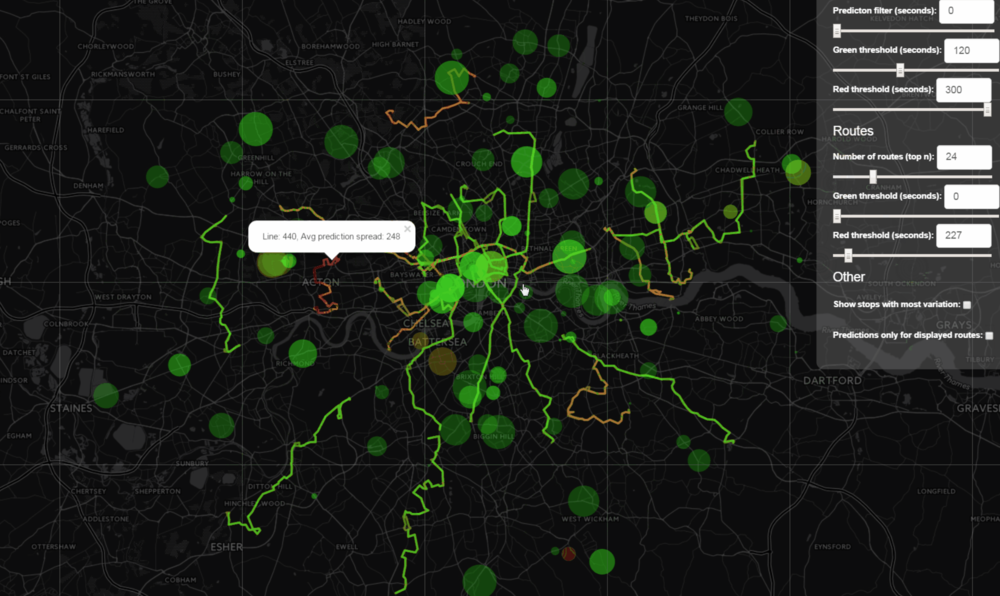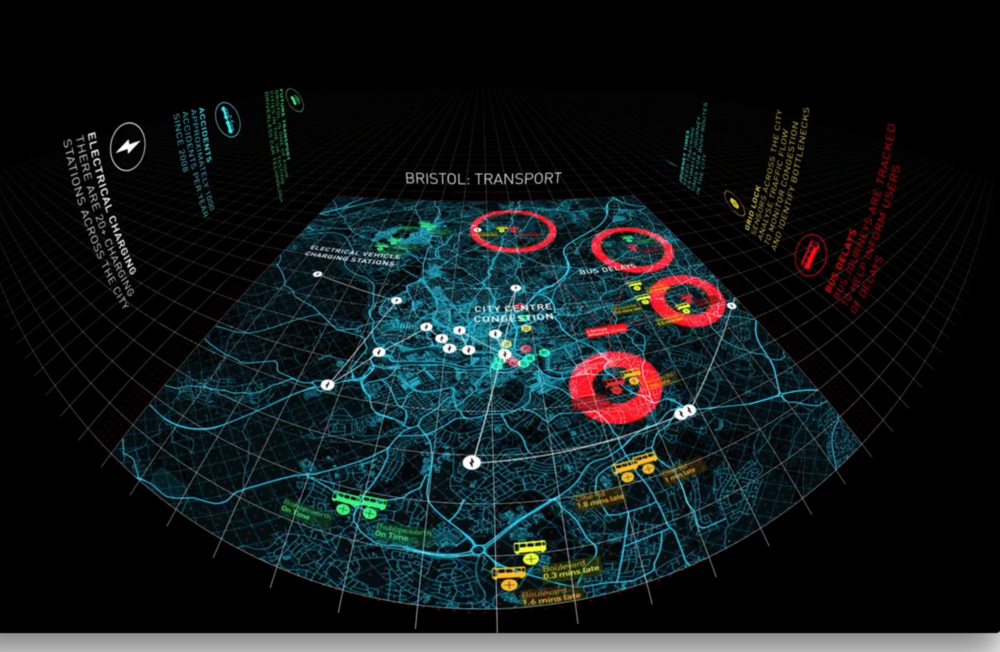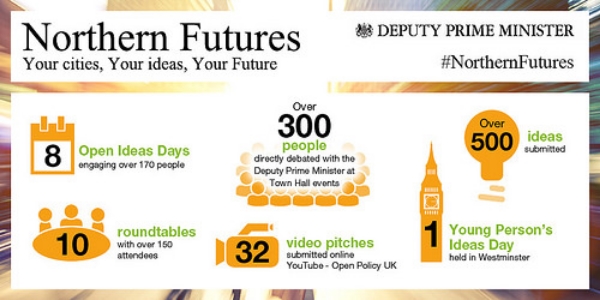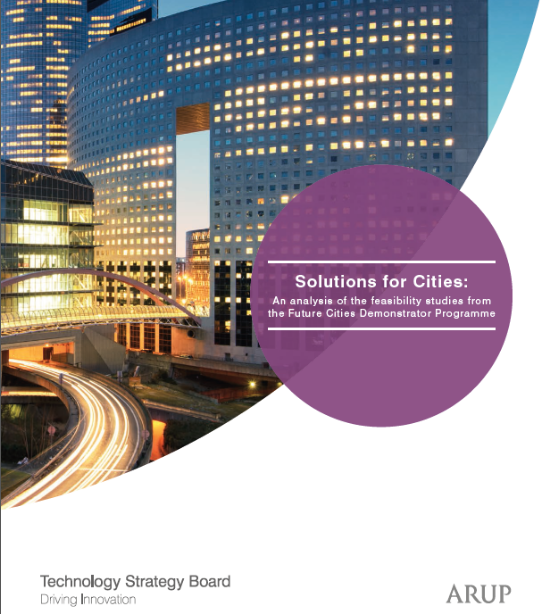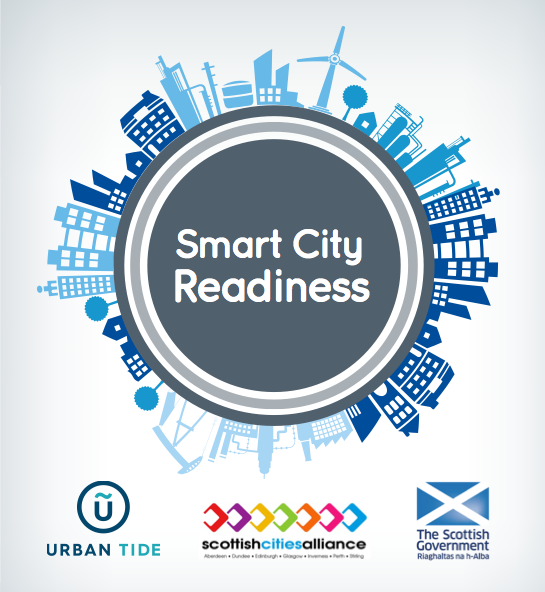The 'How To' Guide For Smart Cities.
“A map of the world that does not include Utopia is not worth even glancing at, for it leaves out the one country at which Humanity is always landing. And when Humanity lands there, it looks out, and, seeing a better country, sets sail. Progress is the realisation of Utopias.”
November 19, 2014
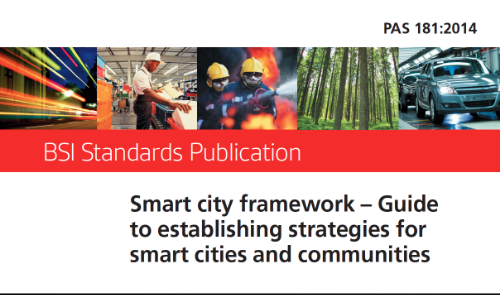
PAS 181 - The British Standards Institute (BSI) produce sponsored, fast tracked standards that are formed by pulling together the collective knowledge of industry experts, learned individuals and community organisations. These are called Publicly Available Specifications or PAS.
PAS 181 pertains directly to smart cities and there is a real need that it be adopted around the world. Two consultants at UrbanTide, Pippa Gardner and Steven Revill, were involved in producing PAS 181 and (the more technical) PAS 182 respectively due to their preeminence in leading and delivering the UK's demonstrator smart city project in Glasgow.
In short, PAS 181 lays forth a 'How to guide for Smart Cities'. It is a highly comprehensive set of instructions depicting the ideal benchmarks and critical success factors for smart cities to hit, and that also cater for continual improvement and iteration. These instructions extend to enabling;
'processes by which innovative use of technology and data, coupled with organisational change can help deliver the diverse visions for UK cities in more effective, efficient and sustainable ways'.
What PAS 181 is not is a 'one size fits all' blueprint for a perfect smart city. It is a guide for best practice formulated out of the need to meet the challenges we face as our population continues to flood to urban environments to live and work. By way of example, between the year 2000 and 2030 the urban population of earth is expected to double, adding 2 billion people to our cities.
The challenges noted in the standard range from an ageing population to climate change to top-down funding structures for local authorities - with many in between. PAS 181 stipulates the ideal benchmark for cities so that they can solve current problems head on and also be prepared to roll with the punches as those challenges change and evolve.
How PAS 181 is structured is that it provides a smart cities framework for cities to refer to. The PAS 181 Smart Cities Framework (SCF) is comprised of 4 components;
1. Guiding Principles
In essence, the SCF recommends that guiding principles for a smart city project are enshrined and can be regularly referred back to. These principles should support the project and commit smart city leaders to stay true to the founding aims and ambitions of the initiative. Below is the SCF's description of guiding principles verbatim.
'A statement of values city leaders use to steer business decisions as they seek to implement a smart city strategy'.
And according to PAS 181, guiding principles are characterised by four key elements. They must be
- visionary,
- citizen centric,
- digital,
- open and collaborative
Encouragingly 'smart' criteria indeed.
2. Cross City Governance and Delivery Structures
Section B of the SCF lays out the problems that need to be addressed and there are recommendations of 14 categories ranging from 'establishing a city vision' all that way through to 'digital inclusion for citizens'. There are too many to go into in detail here but perhaps the 3 that characterise the underlying themes of the standard are;
Creation of a city vision
PAS 181 seeks to make 'excellence a habit'. Where this finds its beginnings is in the city vision that must be established from the outset. This should entail determining what 'good' looks like for the city, now and in the future. The vision should be developed in an 'iterative and collaborative manner'. Smart technologies and data should be embraced and all aspects of the city vision have to be measurable. The criteria of measurability endorses a facet of expectation management and imbues the guidance with credibility.
If these tenants are adhered to then any smart city initiative will be off to a great start.
Leadership and Governance
Smart cities are understood to require effective and sustainable leadership and they cannot be achieved solely through traditional top-down structures. PAS 181 codifies an extensive, though non-exhaustive, list of what ideal leadership and governance should embody in a smart city project;
- Clear focus of accountability within the city authority
- A broad-based leadership team across the city
- City leaders are brought together on a cross-sectoral basis into effective governance arrangements.
- Deployment of formal programme management disciplines
- The right mix of skills in a leadership team
- Allowance for evolution over time amongst stakeholder organisations
- An open and transparent governance process including digitally enabled models of public participation.
In short effective governance for a smart city should be characterised by pro-activeness, meritocracy, conscientiousness and inclusiveness. Highly desirable qualities that could represent a shift from some current behaviours.
Citizen-centric Service Management
Some city services have been designed and are run in a way that does not have citizen at their heart. Service areas can exist almost in isolation or in 'silos' that have little if any interconnectedness and that are built around function and not user needs. Where this is the case, it jars with the PAS 181 citizen centric approach and therefore the standard recommends that city leaders; invest in smart data, manage city data in its own right, enable externally driven stakeholder led innovation and enable internally driven, city led innovation to deliver more sustainable and citizen centric services - and square things up.
What this essentially means is that a balance is proposed between authorities innovating on behalf of citizens but also opening up resources such as data to allow citizens and other key stakeholders to create empowered and totally pertinent city solutions. A hallmark of any smart city.
Benefit realisation structures
PAS 181 offers guidance on 'how to ensure that intended benefits of a smart city strategy are clearly articulated, measured, managed, delivered and evaluated in practice.'
It is advised that benefits realisation equates to a 3 phased approach;
- Benefit mapping
- Benefit tracking
- Benefit delivery
To make sure that initiatives are proactive, constantly monitored and have a clear, objective and achievable goal in mind. What a methodical approach here leads to is a benefit legacy, whereby repeated realisation offers a guarantee of continued future success. Certainly a desirable and necessary trait for our cities.
Critical success factors
The success of a smart city has to be measurable. If it is too subjective then that risks certain factions being unimpressed, under-represented or gives too much scope for excuses and justifications.
It sounds odd, but our cities are sometimes lax when it comes to maximising the benefits from adopting innovative approaches. The mentality can be to celebrate quick wins and then close the book on a particular 'success'. ICT pilots are cited as being particularly guilty of this in the SCF.
Therefore PAS 181 recommends that what should exist is a checklist of:
'issues which cities should regularly monitor to ensure that they are on track in the successful delivery of their smart city programmes, and that they are managing strategic risks more effectively'.
An action that would go a long way to curing this ill whilst at the same time authenticating the project.
Again it is crucial to remember that this is only a glance at the content of PAS 181, but the common theme of codified common sense is there for all to see.
Is PAS 181 Workable?
One could argue that PAS 181 is too utopian. And they would be right. As we have mentioned in the past, it is trial and error and iteration that will characterise the move towards smart cities.
But an ideal has to be what is aimed for. Especially one that has flexibility, sustainability and inclusiveness at the heart of it.
PAS 181 and UrbanTide
And the invaluable practical contribution made by Pippa and Steven is to the great benefit of UrbanTide. The best practices of PAS 181 come as second nature to a team who worked on the first smart city of its kind in the Innovate UK demonstrator city Glasgow. Our consultancy services are predicated on the need to be adaptive, innovative and moulded on the particular set of circumstances that arise in that instance. Being citizen-centric and allowing for every key stakeholder to input meaningfully into processes motivates our approach to data and ICT structures as well as the hackathons and training that we offer to achieve excellent levels of engagement in all the projects we take on. Read more here about the services Urban Tide offer.
Conclusion
In summary, PAS 181 provides a series of standards and best practices that can't really ever be 'done'. The best that a city can manage is satisfying the criteria and continually striving to optimise performance. That is the way it has to be to ensure that our cities are always on their toes and always ready for the constantly arising complexities ahead.
But more than that, PAS 181 offers cities a way forward. It gives cities an ideal to aim for, and arms them with the best practice to achieve that goal. It is a reusable standard that will always demand cities be the best they can. It is a standard we should adopt the world over as the global conversation and practice of smart cities continues to intensify.
Just because we have the instructions does not mean it will be easy, but the merits of Smart Cities make the step 1 an inevitability.
If you will allow us at UrbanTide to get a tad sentimental, the quote below feels more than a little apt;
“A map of the world that does not include Utopia is not worth even glancing at, for it leaves out the one country at which Humanity is always landing. And when Humanity lands there, it looks out, and, seeing a better country, sets sail. Progress is the realisation of Utopias.”
Oscar Wilde - The Soul of Man under Socialism
More
Unlocking Ireland's Data Potential: Navigating the Open Data Directive with UrbanTide
News

UrbanTide's Commitment to Security: Officially ISO 27001 Certified!
News

uZero was awarded the edie Net Zero Innovation of the Year: Software, Systems & Services Award
News

Tackling the growing fuel poverty crisis and supporting the Just Transition to net zero
News

Low Carbon Homes’ Home Upgrade Show: Innovations in Retrofit
News
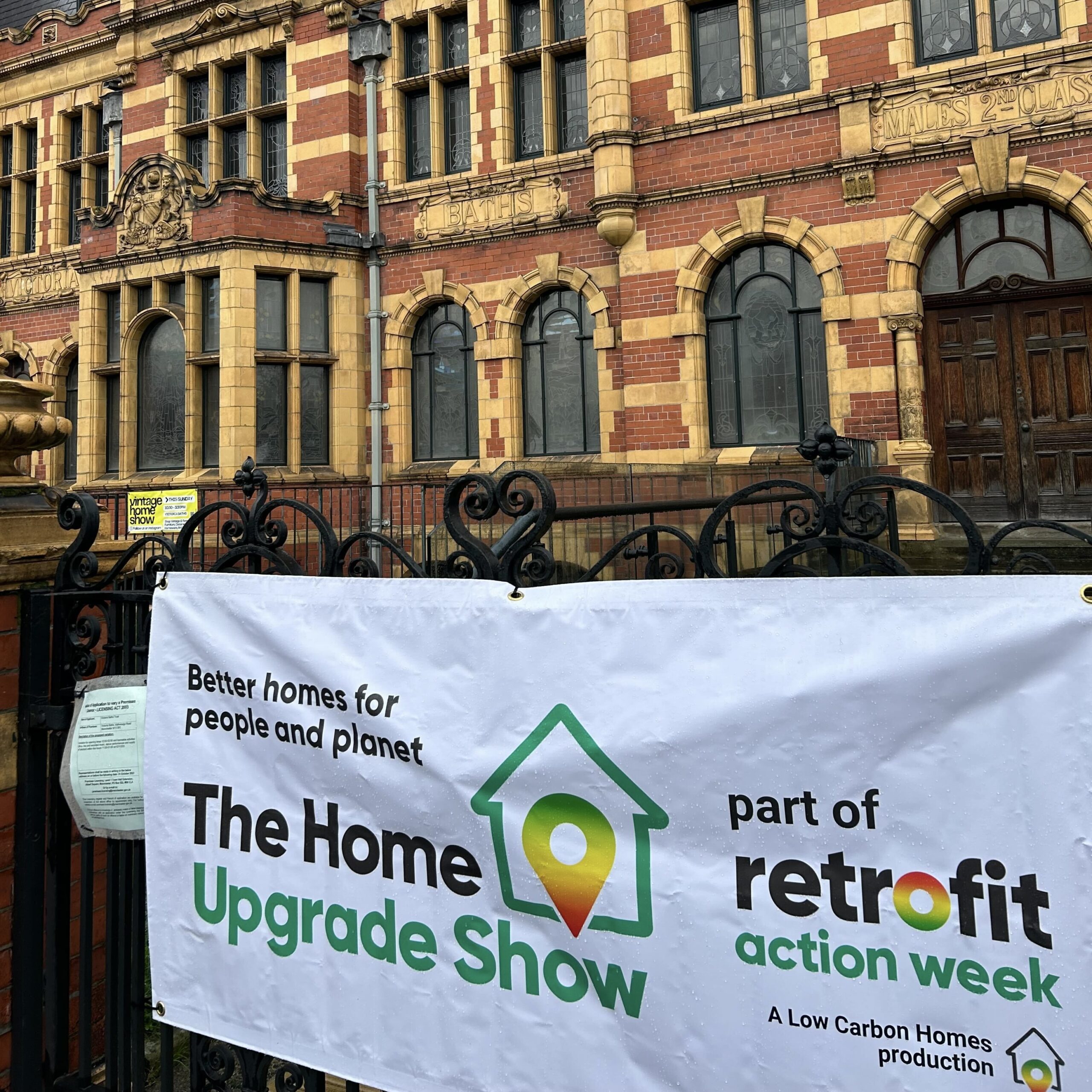
Data Integration and Collaboration are critical for the future of Transportation: Insights from JCT Symposium
News

uMove to support Bedfordshire Council to achieve ambitious sustainability plans
News

Active travel, the current challenges and solutions
News

Using the power of data to build cities of tomorrow
News

uMove supports the Smart Manuals for Streets programme from DfT
News

Scotland's Cycling Framework Makes Infrastructure Greatest Priority
News

Reducing emissions and improving health with active travel
Cycling Scotland

Targeting energy-efficiency campaigns to households most in need
Greater South East Net Zero Hub

Protecting an aging population from fuel poverty
Dartford Borough Council and Dover District Council

Identifying households eligible for energy grant support
The Wise Group

Facilitating active travel behavioural change with data
SEStran

Helping identify customers in or at risk of fuel poverty.
UK Power Networks
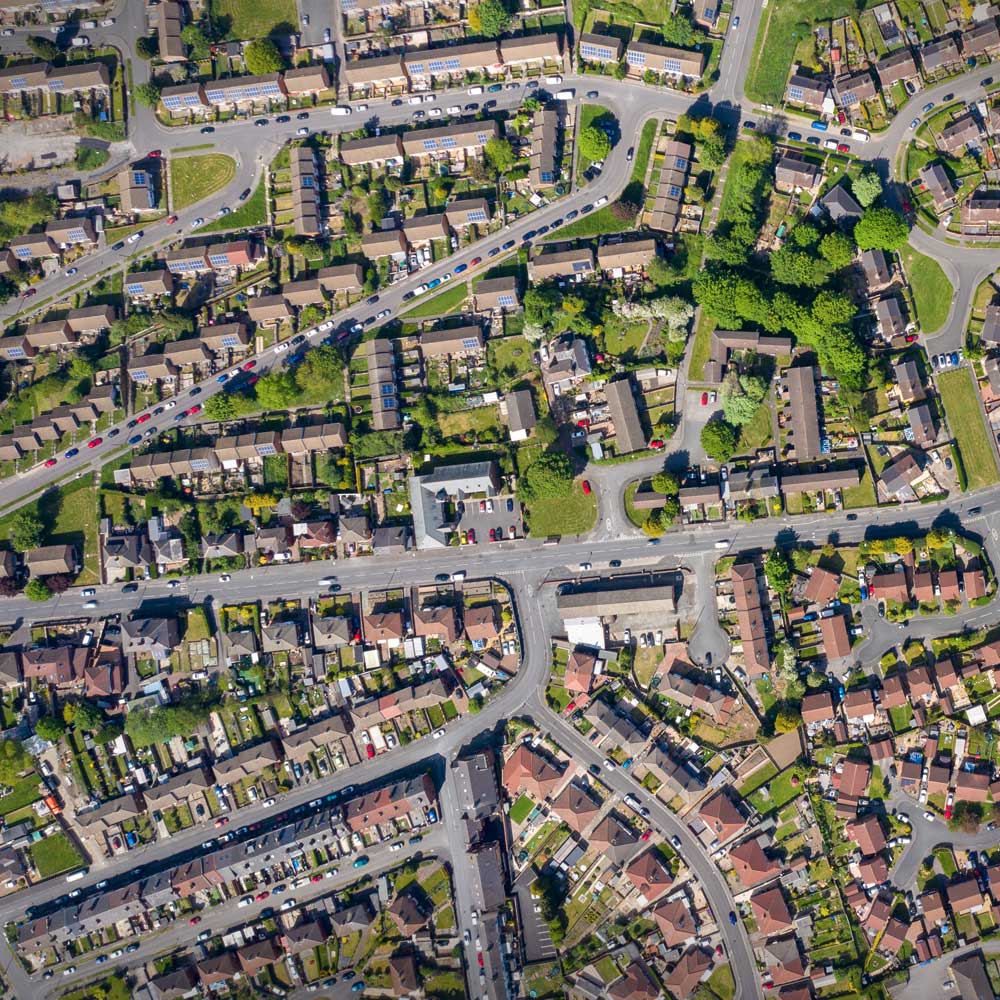
Open data promotes transparency, builds trust and empower citizens
Ireland Open Data Training

Identifying and unlocking new revenue from business rates with AI
North Lanarkshire

Tackling the growing
fuel poverty crisis with data and AI
UKRI

Understanding how we live and use our homes with real-time energy data
Smartline

Managing the impact of noise pollution on our cities
Noiseability

Accelerating the transformation of the UK’s energy systems
Energy Systems Catapult

Creating an integrated, affordable low-carbon energy system of the future
ReFLEX Orkney

Investing in sustainable transport infrastructure to become carbon neutral
Somerset County Council

Identifying ageing households at risk of cold and damp home
Sunderland City Council

Innovate UK funding to help our Planet Centred approach to retrofitting Europe’s leakiest homes
News

Open data is now a legal requirement in Ireland and the EU
News

New ‘uZero’ Artificial Intelligence software could help millions with their fuel bills
News
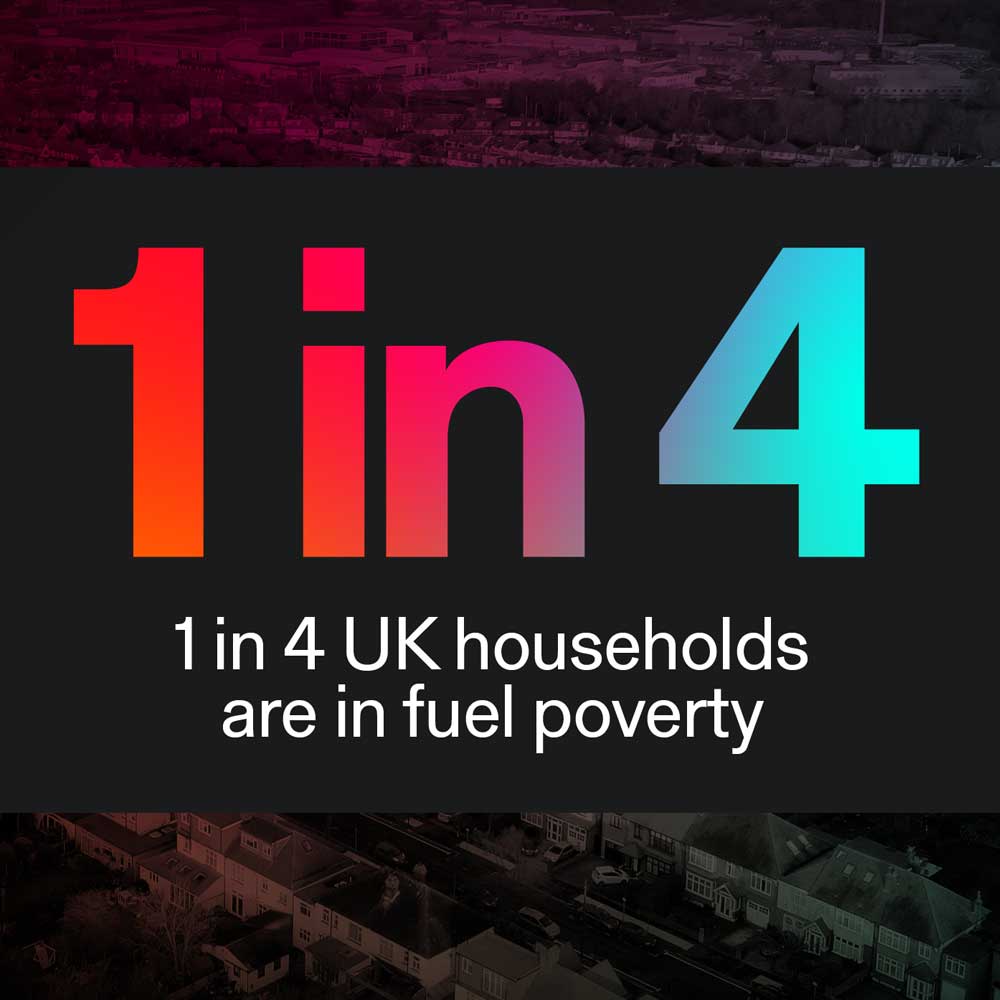
UrbanTide helps secure £48 million funding for Scottish Cities Alliance
News

UrbanTide leads £24 million program to make Glasgow a Future City
News

Building smart communities for OPEN Glasgow Engagement Programme
News

UrbanTide launches IoT data insights platform, uSmart
News

uZero announced as UKRI MEDA competition winner
News

Social Connect is a unique UK Power Networks (UKPN) innovation project
News

UrbanTide announces partnership with Energy Systems Catapult
News

UrbanTide marks four years of Open Data training in Ireland
News

Noisability: UrbanTide wins major bid as part of SynchroniCity program
News

UrbanTide joins prestigious Artificial Intelligence accelerator
News

UrbanTide recognised at ScotlandIS Digital Technology Awards
News

ODI publishes case studies that show how open data can be used in service redesign
News

UrbanTide teams up with North Lanarkshire Council to make better services with data
News

UrbanTide, Snook and North Lanarkshire Council announced as finalists for the 2018 Digital Technology Awards
News

Innovative smart communities IoT project powered by USMART
News

The Power of Data Science in the Health and Care Sector
News

UrbanTide to help transform Ireland by unlocking the power of open data
News

Stay ahead of the curve by learning more about these new smart cities standards
News

#DataFest17 - 12 key lessons we learned about smart cities, communities and the future of data
News
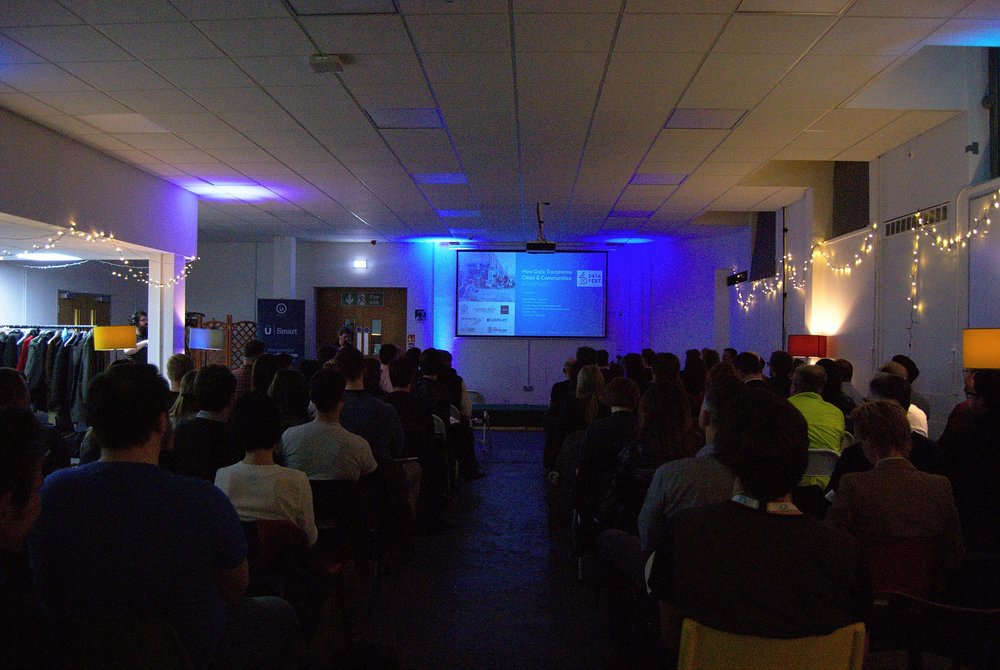
Emerging ideas for a renewed (Y)Our Glasgow City Centre
News
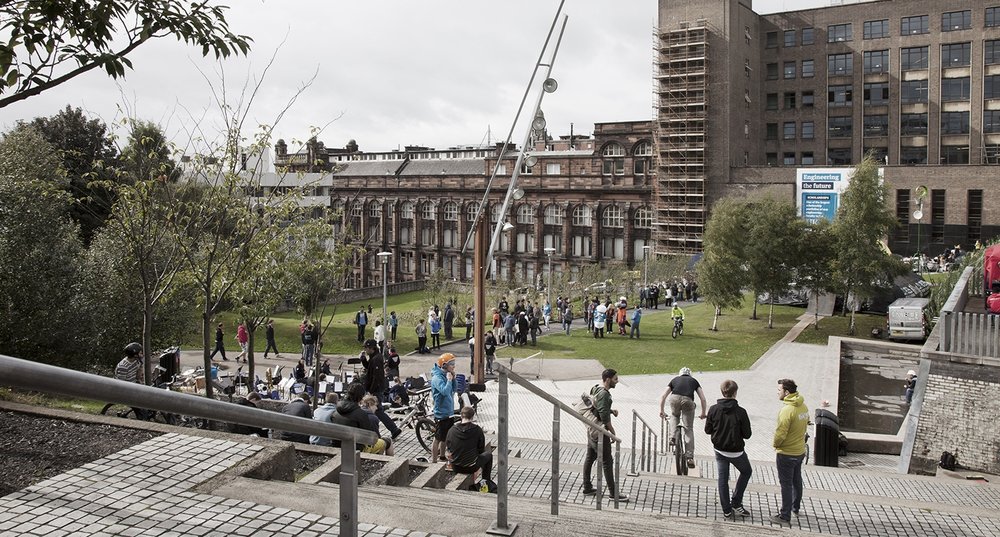
Future Health Hack - building the future of healthcare one line of code at a time
News
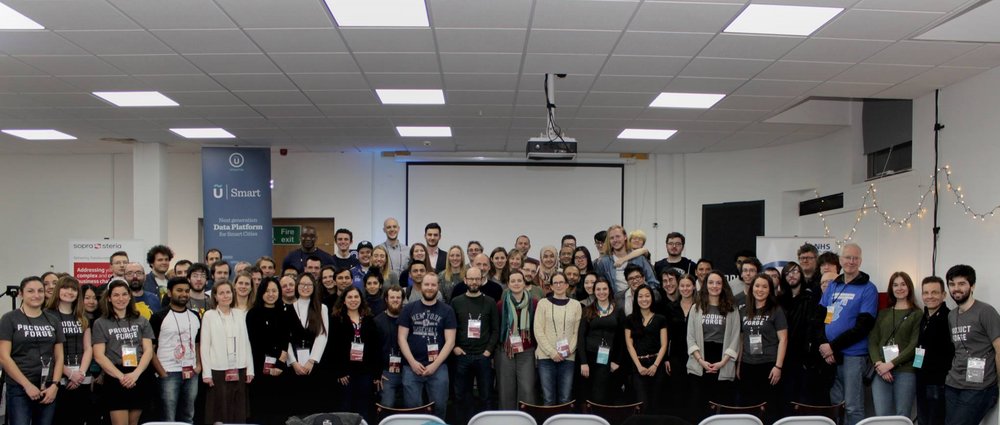
Meet our API Data Explorer – aka your new best friend if you are working with big data
News

Car parks ‘extinct’ in smart cities of the future?
News

3 awesome USMART features - with more coming soon!
News

Data scientists and USMART: a match made in heaven
News

We are now Regional Supporters of Open Data Impact Map
News

Next generation open data platform looking for beta testers!
News

Glasgow city centre regeneration - how smart can Glasgow be?
News

Open data - is the open private sector the next frontier?
News

Open data everywhere! Review of open data maturity in Europe, UK and Scotland
News

Feedback from our year delivering open data training for Scottish Government
News

Announcing our new open data training programme
News

Glasgow City Centre District Regeneration Frameworks
News

Metadata and metadata standards- reflections from our Chief Operational Officer
News

All about our Smart Cities Maturity Self-Assessment Tool
News

Open data training for Scotland's public sector
News

Engage - invest – Exploit (EiE) or Enjoyable - interactive - Experience (EiE)
News

UrbanTide and India: 5 Lesson's Learned from Simon's Trip to the Subcontinent
News

Cisco and the Smart Cities Council: 4 Messages from America...
News

Edinburgh continues to iterate, and then iterate again
News

Start your journey
Take a look at our product page to find out which UrbanTide AI tool has been designed for your needs.
Find out how we can support your data and AI projects and see our growing AI portfolio in action.













